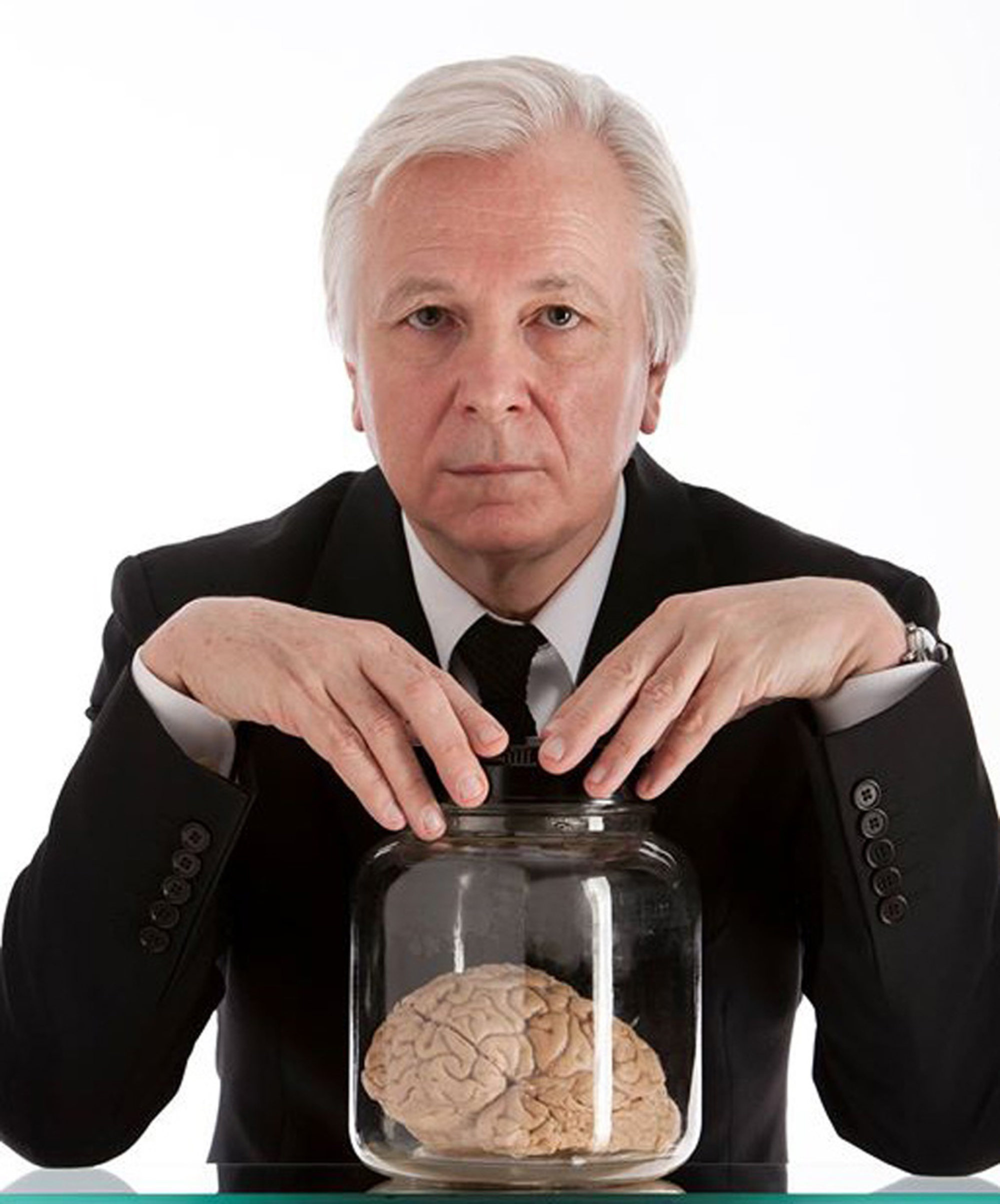
5 Alzheimer’s experts’ lifestyle advice on avoiding and delaying the onset of the most common form of dementia
- On World Alzheimer’s Day, five experts give advice on avoiding the onset of this most prevalent form of dementia that affects more than 55 million
- Physical and mental exercise, socialising, and getting your hearing, cholesterol and glucose tested all help, as does doing or learning something new every day
I don’t know how dementia slipped under my radar for so long. Then it was almost all I saw.
Do we not see it because it’s tucked out of sight?

Then it was just too frightening for her. Our return home just a few hours after we’d left – for a dentist appointment or a haircut, say – unsettled her greatly: “Where are we?” she’d ask plaintively. “Who are you? Why have we moved?”
Maybe we fail to see dementia because we aren’t looking – or because we are looking away.
I was too afraid to engage with anybody suffering with dementia because I didn’t know what to say – until I was faced with my mother’s care. Then I had to look at dementia every day across the breakfast table.
Dr David Robinson, a consultant geriatrician at St James’s Hospital in Dublin, Ireland and a senior clinical lecturer at Trinity College Dublin, taught me that.
No matter how much a person with dementia forgets, he says, they won’t forget how you make them feel. I found this to be startling but true.

Remembering to engage with my mother – talking to her rather than talking over or above her – prompted short-lived animated engagement, and some sort of conversation. It was like a brief resurrection of her old self.
And until I witnessed Alzheimer’s ravage my mother, shred her to somebody of such little substance, with no memory and no stories, I never considered my own vulnerability. Now I think about it daily: did I walk enough? Eat well enough? Sleep long enough?
You can’t prevent dementia entirely. There is no sure-fire way to avoid it. But nor is there any cure. More than 55 million people have dementia worldwide, according to the World Health Organization. Every year, there are nearly 10 million new cases.
But not many people know that. Not many people understand the prophylaxis of lifestyle. One large study found that 95 per cent of the public – and 62 per cent of healthcare professionals – believe dementia is an inevitable part of ageing, that there’s nothing you can do to duck it.
The problem with this fateful acceptance is that people don’t change habits while there might be time to alter the course of events. It also means that people aren’t tested early enough when they begin to show signs of memory lapses.
So, understanding that up to 40 per cent of dementia could be avoided if we change the way we live, I asked five top experts in brain health to share what they encourage as the best lifestyle choices for avoiding dementia.

1. Andrew Lees
Professor of neurology, University College London and author of “Alzheimer’s, The Silent Plague, and Brainspotting”
“One of the problems of the push to early, rather than timely, diagnosis is that there is not much that can definitely delay dementia onset, other than a healthy lifestyle. That is, have regular exercise, a healthy diet, no smoking or alcohol, and above all, try to have a positive outlook on life.
“Use your brain with games like crosswords and Sudoku. Get out of your comfort zone and learn new skills.
“Medically, it is important to have an annual check of blood pressure, glucose and fasting lipids, all of which, if abnormal, can slightly increase the risk.”

2. Timothy Kwok
Professor of geriatric medicine, the Chinese University of Hong Kong
“My top advice for brain health in old age is to use your brain more by remaining socially engaged and learning new things.”

3. Craig Ritchie
Professor of the psychiatry of ageing at the University of Edinburgh
“Three specific things we can do to maintain brain health: sleep well; remain engaged socially and intellectually with the universe around us; and never forget that what is good for your brain is also good for your heart, and vice versa.”

4. David Merrill
Adult and geriatric psychiatrist and director of the Brain Health Centre at the Pacific Neuroscience Institute in California
“Hands down, in one word – exercise, meaning regular physical activity. The best type? The ones I’ll do!
“Try to move regularly throughout the day, which is hard to do as an office-based worker. I like using an activity tracker, but you don’t have to. I don’t always succeed, but I try to get a run of days where I meet goals related to physical activity levels. I don’t let too many days go where I’m underactive or inactive.”

5. David Robinson
Consultant geriatrician at St James’s Hospital in Dublin and a senior clinical lecturer at Trinity College Dublin
“I tell my patients that when I was young, my older relatives died of heart attacks and strokes in their 60s and 70s. We’ve fixed that with statins and stents, but now people are living into their 80s and 90s and their brains are falling apart.
“However, we know that if you stay physically, socially and mentally active, your risk of dementia in later life can be reduced.











